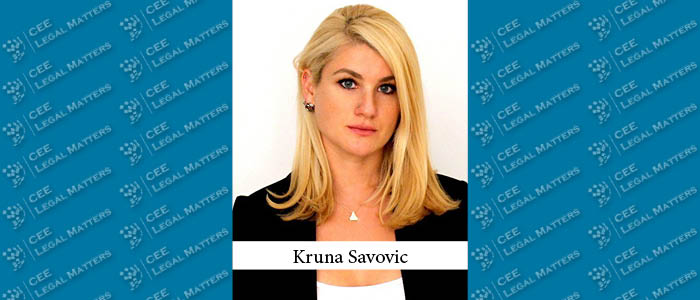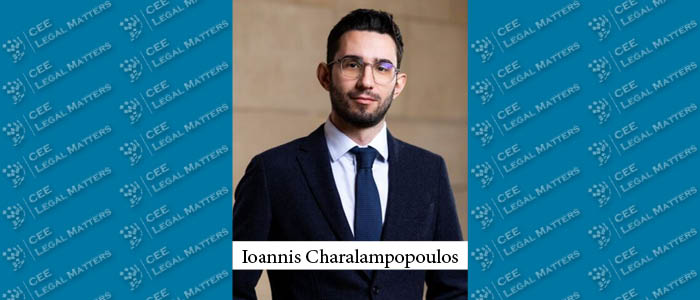In Slovakia, the purposeful avoidance of insolvency and liquidation proceedings by failed companies (including VAT carrousel fraudsters) has developed into a common market standard.
After the wild abuse of restructuring proceedings was shut off in 2016, evasive tactics focused mainly on the use of illicit mergers involving multiple companies – in some cases dozens or even hundreds of insolvent companies – being merged into another specially-created or acquired company, which was then deleted from the Commercial Register.
Diverse Act Amendments to Eliminate Loopholes
The government chose to react with an amendment to the Commercial Code (and other acts, including the Criminal Code and Insolvency Act). Attorneys from Taylor Wessing Bratislava participated in the process leading to the adoption of the Commercial Code amendment (the “Amendment”), which will enter into force on January 1, 2018 (the newly-amended merger rules and criminal law provisions became effective on November 8, 2017).
The aim of the Amendment is to tackle the misuse of mergers and to tighten the liability of actors who are involved in illicit practices. Therefore, besides new procedural rules that render mergers of insolvent companies next to impossible, the Amendment also introduces elements of corporate group law that were missing from Slovak corporate law.
Focus on Liabilities of Directors
The concept of de facto directorship targets natural and legal person(s) who factually exercise powers of a director without being formally appointed. De facto directors may be held liable just like appointed directors for breaches of the obligation to act with due care in the interests of the company and all its shareholders. This may also trigger liability of a parent company that interferes in the affairs of its subsidiary beyond its shareholders’ rights.
The corporate veil is also pierced by the introduction of another group law element inspired by the German case law called “Existenzvernichtender Eingriff,” which allows controlling shareholders to be held liable for damages when they significantly contribute to the bankruptcy of the controlled person.
The Amendment also increases directors’ liability for failing to file for bankruptcy when the company’s assets do not cover its liabilities (i.e., “over-indebtedness”). In addition to the capped statutory penalty for late filing directors may now face damages claims from individual creditors not satisfied by the insolvency proceedings. Successful prosecution of such claims will result in the disqualification of the director for three years.
New liabilities of directors and shareholders are formulated as liabilities to creditors, not towards the company. The bankruptcy will then no longer be a final collective resort for creditor satisfaction. Individual creditors may be more motivated to pursue claims than bankruptcy trustees. However, there is a risk of “vindictive” damages claims that may unfairly affect diligent directors and liability is – in terms of satisfaction – never more effective than well-drafted clawback regulation.
The introduction of criminal liability in the Amendment for directors who fail to file for bankruptcy was added late in the legislative process and is actually a step too far. Though it resembles the German concept of Insolvenzverschleppung, the sentences are far more draconian, and, as it immediately makes the directors of the tens of thousands of companies which fell “dormant” in previous years potentially criminally liable, its retroactive application is unfair. Worse yet, viable companies with negative equity may become victims of bullying criminal charges.
Any analysis of the Amendment requires an understanding of the underlying reasons for the existence of the loopholes it aims to fill: In general, these reasons include the weakness of institutional actors, an overly-formalistic approach, and the inability of courts to develop case-law principles that would curb the conflicts of interests typical for companies with concentrated ownership. As institutional improvement is a long-term task, the legislator was forced to explicitly formulate such principles and coupled stricter liability with granting more enforcement initiative to individual private creditors. This approach cannot be subtle and the result is inevitably a blunt yet double-edged sword; it prevents certain illicit practices, but will also negatively affect diligent debtors. The amendment should be welcomed as a “handbrake,” providing immediate relief, but in no way should it be seen as the end of the road towards a fairer business environment.
By Radovan Pala and Juraj Frindrich, Partners, Taylor Wessing Slovakia
This Article was originally published in Issue 4.12 of the CEE Legal Matters Magazine. If you would like to receive a hard copy of the magazine, you can subscribe here.





























